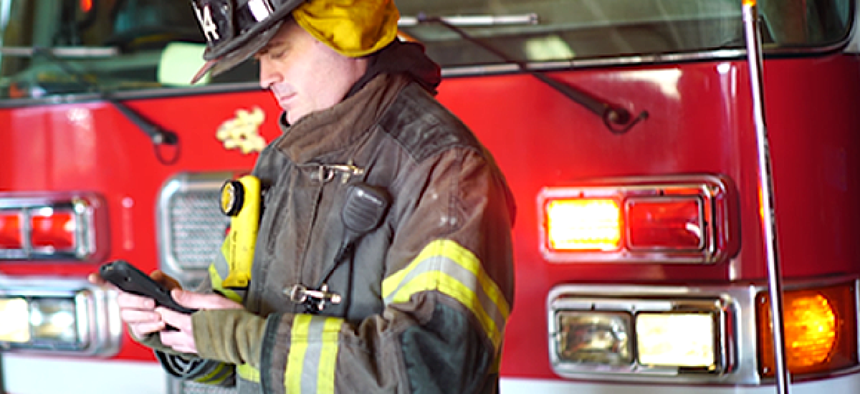New Hampshire first to opt-out of FirstNet

Although 35 states and territories have decided to join the AT&T-based public safety broadband network, the proposal by Rivada Networks was "far and away our best option," the governor said.
New Hampshire has become the first state to indicate it will opt-out of the FirstNet wireless broadband public-safety network built by AT&T.
Instead, the state plans to work with Rivada Networks on an alternative network. Rivada, which is a consortium of companies including Harris Corp, Intel, Fujitsu, Ericsson and Nokia, said in April after losing the protest of the FirstNet award to AT&T that it would work with individual states on alternative networks.
The New Hampshire's Statewide Interoperability Executive Committee voted 15-0 to go with Rivada. Gov. Chris Sununu said it was “far and away our best option.”
"After reviewing the report from the FirstNet Opt-Out Review Committee, it is clear that while an opt-out decision comes with regulatory and financial risks, those risks can be mitigated through the safeguards and contractual provisions that the Committee has recommended,” Sununu said in a statement.
The state will maintain more control over the network proposed by Rivada, he added.
According to the New Hampshire Business Review, only 4.7 percent of the state’s first responders use AT&T. The Executive Committee unanimously agreed that the state would be better off with Rivada, which plans to ensure interoperability through agreements with cellular providers and connections to the FirstNet core network.
There are concerns, however, about Rivada's inexperience in building and operating such a large network.
John Stevens, the statewide interoperability coordinator for New Hampshire, testified on the state’s efforts before the House Committee on Energy and Commerce on Nov. 1, and was asked about Rivada’s ability to build out networks by Rep. Michael Doyle (D-Pa.).
“I understand that Rivada is not currently operating a live radio access network in the United States, or for that matter, anywhere else in the world," Doyle said. "I understand they made you an offer you couldn’t refuse, but I’m just curious, are you a little bit nervous contracting with a company that doesn’t currently operate a network anywhere in the world?”
Stevens said that based on the alternative plan Rivada presented and the performance and surety bonds that were in place, the state felt confident that it could provide a statewide public safety network.
“We feel that as we move forward and actually develop a service contract, if in fact there should be a decision to opt-out, then we feel that New Hampshire is confident that we would be able to continue and provide a statewide application to FirstNet for all out first responders,” he said at the November hearing.
Michael Poth, the CEO for First Responder Network Authority, testified at the same hearing and said FirstNet would work with any state that opted out to ensure FirstNet is still a nationwide interoperable network.
“It is important to note that if a state or territory wishes to opt out, FirstNet will do everything we can to make that opt-out process a success,” Poth testified. “Public safety cannot afford to have areas of no service throughout the country. We are encouraging states and territories to look at all the information in the state plans to ensure that they fully understand the risks and requirements associated with opting out.”
There are 35 states and territories that have so far decided to join the AT&T-built first responder network, and those that remain have Dec. 28 to make a decision.





